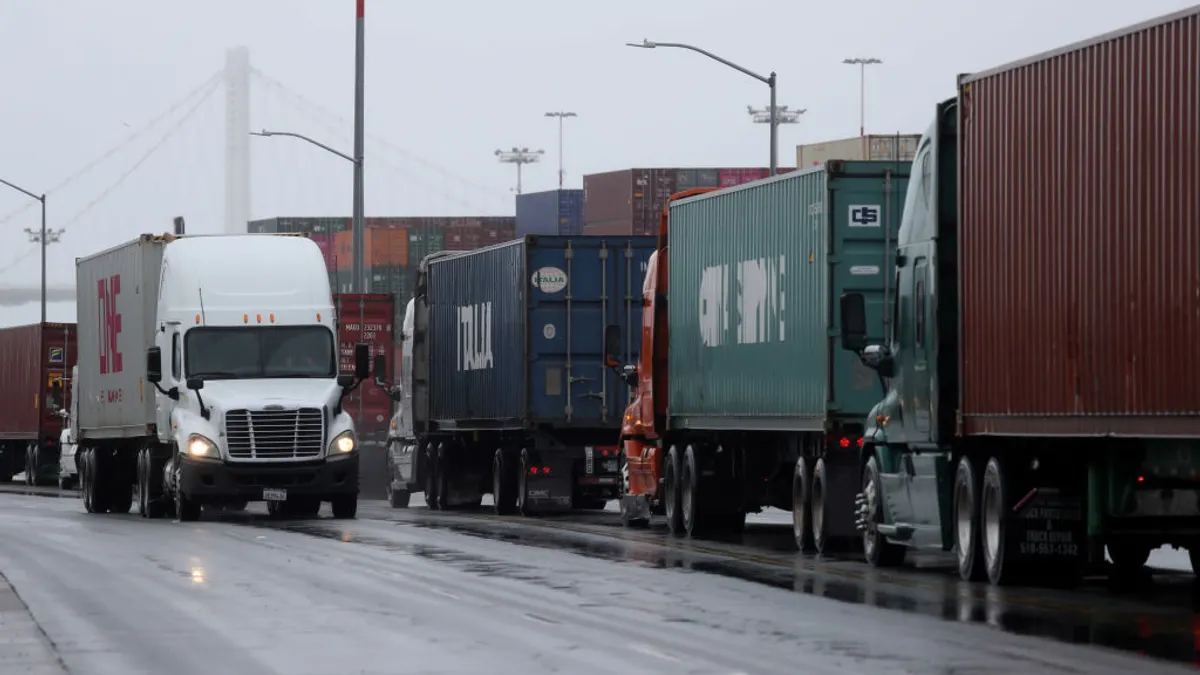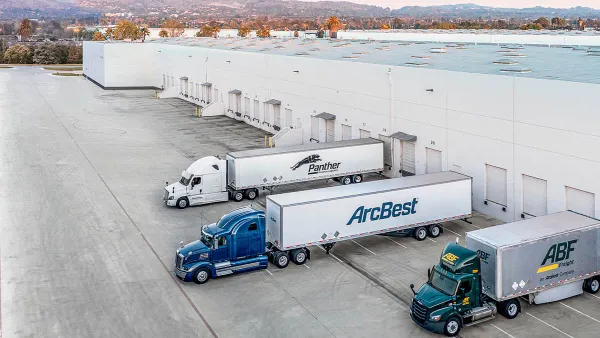After several years of wildfire M&A in the trucking industry, some of the activity could cool in 2023, an expert said.
Webb Estes, for instance, plans to grow Estes Express Lines, his family’s business, in the next year. But the new company president and COO doubts that growth will come via acquisitions like the company’s purchase of Los Angeles-based G.I. Trucking in the early 2000s.
“It's unlikely that we would look for tuck-ins,” he said. “We’ll just continue to grow organically.”
A challenging economy could make major deals, in particular, more difficult to execute, said Spencer Tenney, president and CEO of the Tenney Group, which represented sellers in 18 active trucking deals, as of last month.
“You’re going to see a significant reduction in the amount of deal flow for very large, transformational-type deals,” Tenney said. “There’ll be some, but not like what we’ve seen in the last 24 months.”
In 2023, the industry could see acquisitions of trucking companies whose founders might have stepped down in the past few years, if not for the pandemic and its effects on their operations.
“They stayed in because the business got worse, or it got so good,” Tenney said. “We have all this kind of deferred business transitioning that should have taken place over the last 30 months, now. ... I think that's gonna be a huge portion of it.”
After some of the most profitable years on record for many carriers, company valuations are now normalizing, and small- and mid-sized companies in some verticals, such as reefer, are becoming ripe for acquisition, Tenney said. The Tenney Group had three such deals going to contract, as of last month.
“It made it very difficult for buyers to place a value on [potential acquisitions],” he said. “It was just too inconsistent to be comfortable. ”
Given the ongoing difficulty procuring equipment, this year’s buyers will likely be sensitive to deferred capital expenditures in deciding which businesses to acquire.
“Educated buyers are going to be out in front of that, and they're going to structure their deals accordingly,” Tenney said. “Doesn't mean they're not going to buy them. It just means that they're not going to not account for it in the way that they structure and value the deal.”
Tenney said this year will still be “an extremely exciting time to grow and accomplish great things” in trucking.
But he warned that many fleet owners “just are probably not prepared to deal with what’s required to succeed in this next season,” with softening freight demand and persistent equipment and labor constraints.
“I think it's going to be really important for those [executives] to have a self assessment about what they're willing to do to build value and enhance their business — and, just as importantly, what they're not willing to do — and then make decisions about the future based off that,” he said.










